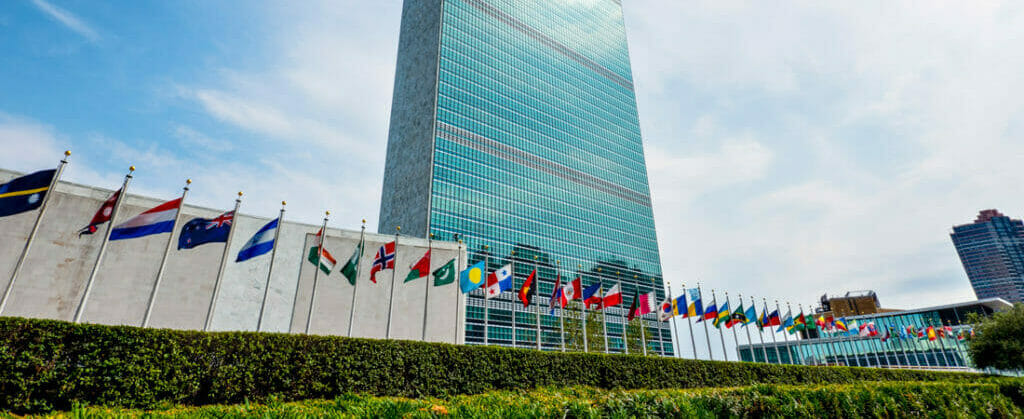The triple planetary crisis—comprising climate change, biodiversity loss, and pollution—presents an urgent and interlinked threat to sustainable development. The United Nations Environment Assembly (UNEA) has consistently dedicated attention and resources to addressing this crisis, recognizing that the three pillars of the triple crisis must be addressed together to ensure long-term sustainability. The triple planetary crisis is not just an environmental issue. They are global, interconnected crises that require a holistic, integrated approach that aligns environmental, economic, and social goals.
Climate Change is one of the most pressing issues humanity faces today. Rising temperatures and increasingly extreme weather events—such as heatwaves, floods, and droughts—pose long-term and irreversible risks to ecosystems, economies, and human well-being. Rising temperatures and altered weather patterns lead to habitat loss and species extinction, which reduces biodiversity and damages ecosystems that are needed to mitigate climate change.
The urgency of addressing climate change is underscored by the targets of the Paris Agreement, which seeks to limit global warming to well below 2°C with efforts to limit it to 1.5°C above pre-industrial levels.
Biodiversity Loss is another critical aspect of the triple planetary crisis. The decline in biological diversity threatens the resilience of ecosystems, which are essential for maintaining food security, providing clean water, and mitigating climate change. Biodiverse ecosystems have a higher capacity to adapt to changing environmental conditions because different species may respond to climate change in various ways. Diverse ecosystems are more resilient to climate stressors such as droughts, pests, or diseases. The genetic diversity within populations also enhances their ability to adapt to long-term climate shifts, increasing the overall stability and functionality of ecosystems. The Convention on Biological Diversity and the post-2020 Global Biodiversity Framework aim to halt and reverse biodiversity loss, but urgent action is needed to protect ecosystems and prevent irreversible damage.
Pollution, particularly air pollution, is responsible for millions of premature deaths each year and is the leading environmental risk factor for diseases such as respiratory and cardiovascular conditions. Air pollution also contributes to climate change, as many pollutants are potent greenhouse gases. Beyond air quality, the pollution of land and oceans through plastic waste, industrial chemicals, and agricultural runoff, as well as light and noise pollution also poses significant risks to both human and environmental health. Overall, pollution alters ecosystems by creating conditions that many species cannot tolerate, reducing biodiversity, and harming the balance of ecosystems. This, in turn, affects ecosystem services essential for both wildlife and humans, such as clean water, fertile soil, and mitigation of climate change.
The UN works to ensure that global principles, such as the Rio Declaration on Environment and Development (1992) and the Paris Agreement (2015), are not just adopted but implemented. This includes supporting countries in meeting their climate targets, advancing biodiversity conservation, and combating pollution. International frameworks must be supported by national policies tailored to the specific needs and circumstances of individual countries, recognizing local priorities while ensuring global solidarity.
In the face of these interlinked crises, it is essential to enhance the resilience of vulnerable communities, particularly in the Global South. These communities are often the most affected by the triple planetary crisis, yet they have the least capacity to respond. This requires not only knowledge-sharing and capacity-building but also financial resources and technological support to build resilience and promote green economic growth.
Finally, one of the key strategies for mitigating the triple planetary crisis is transitioning to renewable energy, improving energy efficiency, reducing waste, and advancing circular economy principles. The UN promotes these goals through various initiatives, such as the 10-Year Framework of Programmes on Sustainable Consumption and Production (10YFP), which helps countries implement sustainable practices across industries, from agriculture to manufacturing and waste management.


